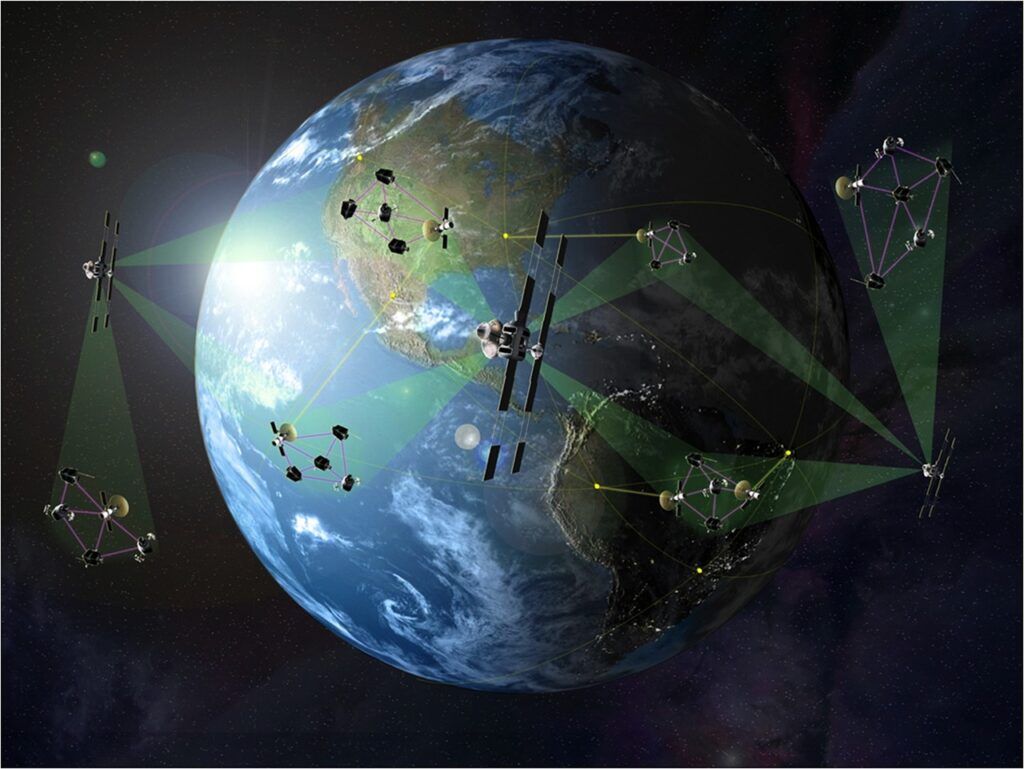Starlink continues to spread across Africa
18th October, 2024
Starlink has successfully extended its reach to the Republic of Chad as the nation’s government announced that it has officially approved Elon Musk’s satellite internet provider to help improve digital access. This approval was finally ironed out after discussions began in 2021.
This development marks a significant step towards bridging the gaping digital divide, as only 12% of Chad’s population had Internet access in 2022. Data from the International Telecommunication Union (ITU) indicates that fixed-line internet penetration in Chad is at just 12.2%, while mobile access fares only slightly better at just under 39%. Internet speed is also modest, with Cloudflare reporting that Chad’s median mobile download speed over the past year has been around 4 Mbps.
Starlink’s satellite technology will help cover regions lacking fibre optics, facilitating digitalization of public services and fostering tech
innovation in remote areas. Chad’s Communications Minister, Boukar Michel, emphasised the importance of this partnership, stating, “A large part of our territory is not covered by fibre optics, and I believe that Starlink will help us bridge this gap.”
The arrival of Starlink, which operates under the aegis of SpaceX, keeps a network of low-Earth orbit satellites holds promises to fill in gaps left by patchy fibre networks by bringing high-speed internet coverage to underserved areas. Its high-speed internet coverage is poised to improve access to education, support healthcare initiatives, and provide opportunities for tech-driven businesses.
This approval is part of Starlink’s broader strategy to expand its services across Africa. The company has already launched operations in several African countries, including Nigeria, Mozambique, Zambia, Kenya, Botswana and Malawi. However, it has faced regulatory challenges in some regions, such as Cameroon, which ordered the seizure of Starlink equipment at ports due to licensing issues. It has also faced opposition from entrenched telecom monopolies.
The introduction of Starlink’s services in Chad is anticipated to have a transformative impact on the country’s digital landscape. By providing reliable Internet access, it can enhance educational opportunities, improve healthcare delivery, and stimulate economic growth through the development of digital businesses.
As Starlink continues to expand across Africa, the growing competition between it and traditional ISPs will shape the continent’s Internet pricing. The company is still expanding rapidly across Africa, with its latest entry into Zimbabwe and Burundi in September 2024.
The success of this initiative will depend on effective implementation and the ability to navigate the regulatory environments of the respective countries.

